This section is for paid subscribers only. Our subscription is only $3700/- for one full year.
You get unlimited access to all paid section and features on the website with this subscription.
Subscribe to read full article
This section is for paid subscribers only. Our subscription is only $37/- for one full year.
You get unlimited access to all paid section and features on the website with this subscription.
Not ready for a full subscription?
You can access this article for $2, and have it saved to your account for one year.
- Release Date1960
- GenreDrama
- FormatColor
- LanguageHindi
- Run Time148 min
- Length4794.50 meters
- Number of Reels18
- Gauge35 mm
- Censor RatingU
- Censor Certificate Number31607
- Certificate Date22/03/1984 (Re-certificaiton)
- Shooting LocationParamount Studios
The story of 'Hum Hindustani' is simple, straightforward record of a single Hindu family in Bombay. The father is an elderly Hindu gentleman of good family and rich heritage, and a firm believer in the virtues of Truth, Justice and Goodness as the props of human existence and the cement of the society of which he was till recently an esteemed and distinguished member. Misfortune and his adherence to his principles have combined to ruin him from affluence to poverty.
His elder son, Sukhen, despite the interruption of his studies and the blighting of his hopes, retains his optimism, his respect and devotion for his father, his profound love for his parents, his brothers and sisters, the society and his country. His happiness is untrammelled by the misfortune which has overwhelmed the household. The fact that his engagement to his daughter of a wealthy friend of his parents is broken does not unduly distress him.
The younger son, Satyen, not so well ballasted in character as his elder brother, but none the less imbued with the virtues and the principles which he has been taught by his father, is more than a little shattered by the uprooting of his life, brought about by his father’s misfortune. Unable to see beyond immediate disaster, incapable of any useful effort to retrieve it, his re-action is typical of the average college youth today. He finds refuge in the cheap cynicism of callow inexperience. Satyen is confirmed in his pessimism by the breaking off of his brother’s engagement and his fear lest his own be similarly terminated. He is heartened by the assurance of his fiancée’s parents that nothing will be changed and when Sukhen finds him a job in the office of an old and wealthy friend of his father, Satyen’s cynicism is dissipated and he becomes his old self.
Sukhen meanwhile plunges into a spate of his activity, doing all manner of odd jobs, hesitating at nothing which will earn him an honest rupee and proving incidentally that for willing hands and brains there is always work to be had for the seeking and money to be earned. Still finding his efforts inadequate to do any more than keep the family in reasonable comfort, he sets about writing a book, and burns the midnight oil doing it. In this herculean effort, he is sustained by his filial and fraternal love and his devotion to the family name. No sacrifice he knows is too great for these.
Sukhen has never seen the girl to whom he was betrothed and does not feel the loss of an alliance which his father bemoans with a regret which is tinged with indignation. But the girl has made his acquaintance without revealing her identity, and what she sees of this resolute young man with his inflexible honesty and high purpose decides her to see more of him. A brief interlude with this beautiful young woman who has so much in common with him brightens his busy life. Soon they are in love, though Sukhen says no word to her and is content to enjoy her company.
At this stage a disaster befalls Satyen, a large sum of money entrusted to him by his employer is stolen from the cupboard in his charge in circumstances which seem to indicate that the only possible culprit can be his elder brother, Sukhen. He fights against this suspicion. But it grows into a conviction and in his clumsy efforts to prevent his employer from harboring it, the unfortunate youth draws suspicion upon himself and is dismissed, though the employer out of consideration for Satyen’s father and his own old friend, says he will not prosecute.
Satyen’s suspicion rankles like a poison in his heart, and when he comes upon Sukhen gaily paying off the family debts and sporting a fat wad of currency which seemingly he cannot possibly have earned, the younger brother’s cup is full. But he has not the heart to accuse Sukhen to his face.
Back home, however, when he feel everybody is against him, Satyen bitterly tells his mother that not he but her pet Sukhen, the idol of the family is the thief. Sukhen arrives in time to hear the monstrous accusation. Thereafter everybody including Satyen himself is horrified.
It does not end there, of course. It cannot, because Culture and Tradition must go on, and for that there must be loving and marrying and giving in marriage. There is, and it makes a delightful ending to this absorbing story of one Indian family, which is the epitome of all India, past and present and, we are sure, future.
(From the official press booklet)
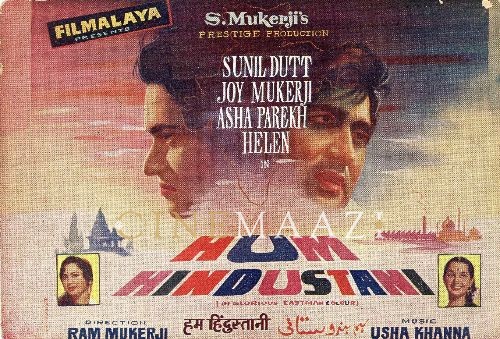
Cast
-
Sunil Dutt
Sukhen -
Asha Parekh
Sudha
Crew
-
BannerFilmalaya, Bombay
-
Director
-
Producer
-
Music Director
-
Lyricist
-
Dialogues
-
Cinematography
-
Editing
-
Sound Recording/ Audiography
-
Choreography
-
CostumesBhanu Athaiya , Noor Baig , Jaggi Tailors , Esquires Ltd
-
Make-up
-
Laboratory/ Processed atFilm Center, Bombay
-
StillsIndia Photo Studio
-
Writer










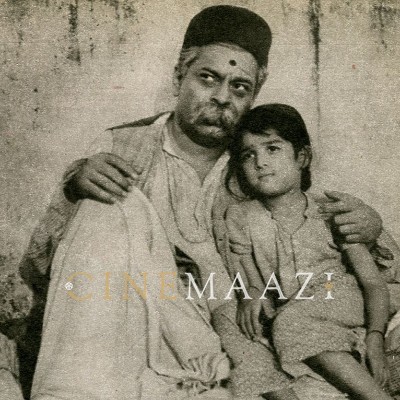


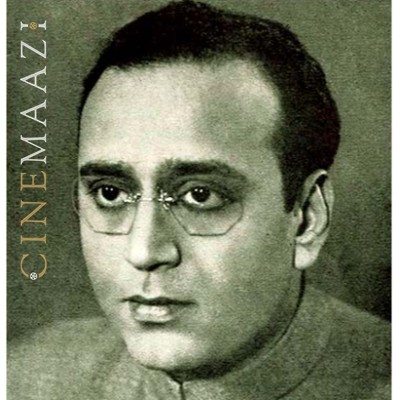

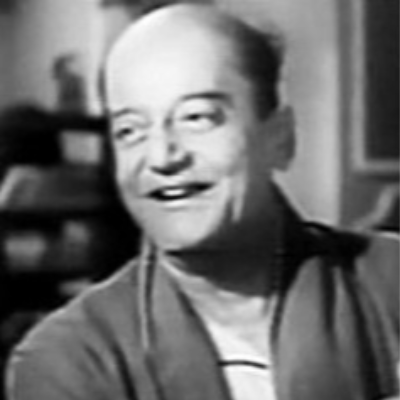


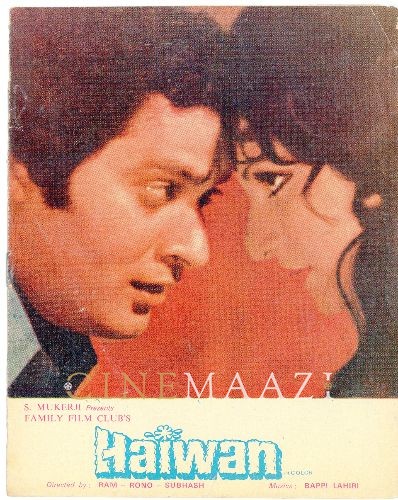
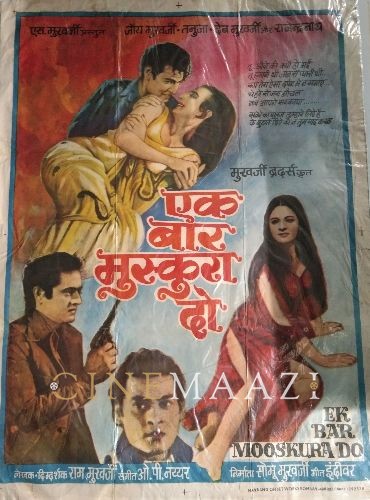
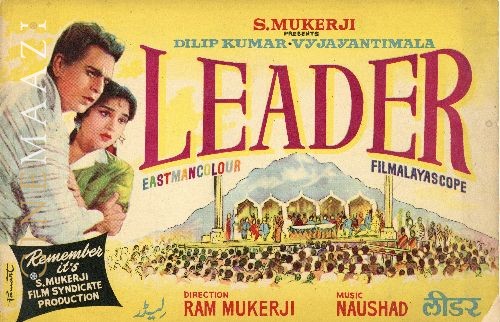

.jpg)



